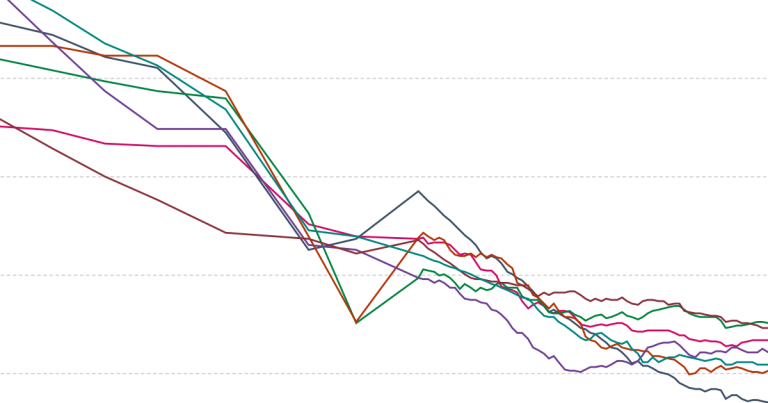Working hours for the average worker have decreased dramatically over the last 150 years.
Why should we care?
The evidence presented here comes from decades of work from economic historians and other researchers. Of course, the data is not perfect — as we explain in a forthcoming post, measuring working hours with accuracy is difficult, and surveys and historical records have limitations, so estimates of working hours spanning centuries necessarily come with a margin of error. But for any given country, the changes across time are much larger than the error margins at any point in time: The average worker in a rich country today really does work many fewer hours than the average worker 150 years ago.
As the economists Diane Coyle and Leonard Nakamura explain, the study of working hours is crucial not only to measure macroeconomic productivity, but also to measure economic well-being beyond economic output. A more holistic framework for measuring ‘progress’ needs to consider changes in how people are allowed to allocate their time over multiple activities, among which paid work is only one.6
The available evidence shows that, rather than working more than ever, workers in many countries today work much less than in the past 150 years. There are huge inequalities within and across countries, but substantial progress has been made.
Source: Are we working more than ever? – Our World in Data

Robin Edgar
Organisational Structures | Technology and Science | Military, IT and Lifestyle consultancy | Social, Broadcast & Cross Media | Flying aircraft

